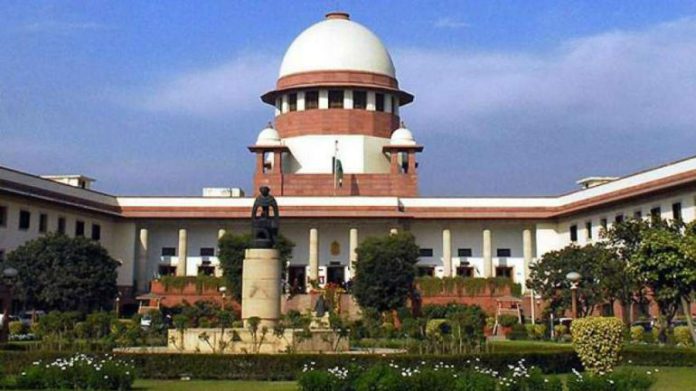New Delhi, Sep 15 (NVI) National Working President of All India Pasmanda Muslim Mahaz Shariq Adeeb Ansari today welcomed the Supreme Court’s verdict on the Waqf issue, saying it reflects a “balanced approach, safeguarding both the Constitutional values and the rights of citizens while upholding the spirit of justice and fair governance.”
“As a law-abiding citizen of India and as a member of the Joint Parliamentary Committee (JPC) on Waqf, I wholeheartedly welcome today’s verdict of the Hon’ble Supreme Court on key provisions of the Waqf Amendment Act, 2025,” he said in a statement.
In the Waqf Amendment Act, the top court has stayed the operation of the Clause which requires a person to be a practitioner of Islam for at least five years before creating a Waqf.
This provision will remain suspended until State Governments frame detailed rules for its application.
“In my view, this is a welcome and progressive step, as it ensures that genuine Waqf creators are not discouraged or unfairly discriminated against. It also provides much-needed clarity for the Muslim community, particularly for Pasmanda Muslims, who are often marginalized in institutional processes,” Ansari said.
The highest court of the land also stayed the provision that gave designated government officers the authority to decide whether a Waqf property has encroached upon government land.
“The Hon’ble Court rightly observed that such adjudication cannot be entrusted to executive officers, as it violates the principle of separation of powers. Instead, such disputes will be resolved by the Waqf Tribunal. Until such adjudication is complete, no third-party rights can be created against any property,” Ansari said.
“I welcome this ruling, as it reinforces the protection of citizens’ rights and ensures due process under law,” he added.
The Supreme Court did not stay the provision allowing nomination of non-Muslims to Waqf Boards. However, it made an important observation that, as far as possible, ex-officio members should be Muslims.
It also set clear limits: the Central Waqf Council shall not include more than four non-Muslim members, while State Waqf Boards shall not have more than three.
“This, in my understanding, is a fair balance between inclusivity and preserving the religious character of Waqf institutions,” the Mahaz leader said.
The Supreme Court has upheld the requirement of registration of Waqf properties, clarifying that it is not a new provision, as it already existed under the 1995 and 2013 enactments.
At the same time, it extended the timelines for compliance, taking into account the practical challenges faced by Waqf Boards and mutawallis.
“This is a positive measure that ensures both transparency and accountability while giving stakeholders sufficient time to complete the process,” Ansari said.
Summing up his view, the Mahaz leader said, “In my view, the Hon’ble Supreme Court has delivered a nuanced judgment that protects constitutional principles, secures justice, and maintains the sanctity of Waqf institutions while upholding the rule of law.”
He expressed confidence that “this verdict will benefit India’s Muslims—especially the Pasmanda sections—by safeguarding their rights within the constitutional framework.”
He went on to add, “On behalf of the All India Pasmanda Muslim Mahaz, I reaffirm my commitment to respecting the law of the land and to working tirelessly for the empowerment and upliftment of all communities, with a special focus on Pasmanda Muslims. I am confident that this verdict will strengthen justice as well as social harmony in India.” (NVI)








